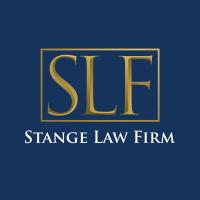Fort Calhoun Divorce & Family Law Lawyer, Nebraska
Stange Law Firm, PC Divorce & Family Law Firm
✓ VERIFIEDDivorce & Family Law, Child Custody, Child Support
Here to Help You Rebuild Your Life
Going through a divorce or family law matter can be an emotional time. You may feel betrayed, lost or overwhelmed. Having an attorney that can relate ... (more)
Thomas Jay Olsen
Criminal, Felony, DUI-DWI, Domestic Violence & Neglect, Firearms
Attorney Tom Olsen handles criminal defense cases in Omaha, Douglas County and throughout Nebraska. With over 30 years experience, Tom is generally co... (more)
Andrew J. Wilson
✓ VERIFIEDAccident & Injury, Personal Injury, Criminal, Divorce & Family Law, Wrongful Death
Andy is an Omaha native joining Carlson and Burnett as a partner with over 25 years of criminal and civil litigation experience. He began his career i... (more)
Christopher A. Vacanti
Domestic Violence & Neglect, Alimony & Spousal Support, Divorce, Child Support
Status: In Good Standing
FREE CONSULTATION
CONTACTFREE CONSULTATION
CONTACT




